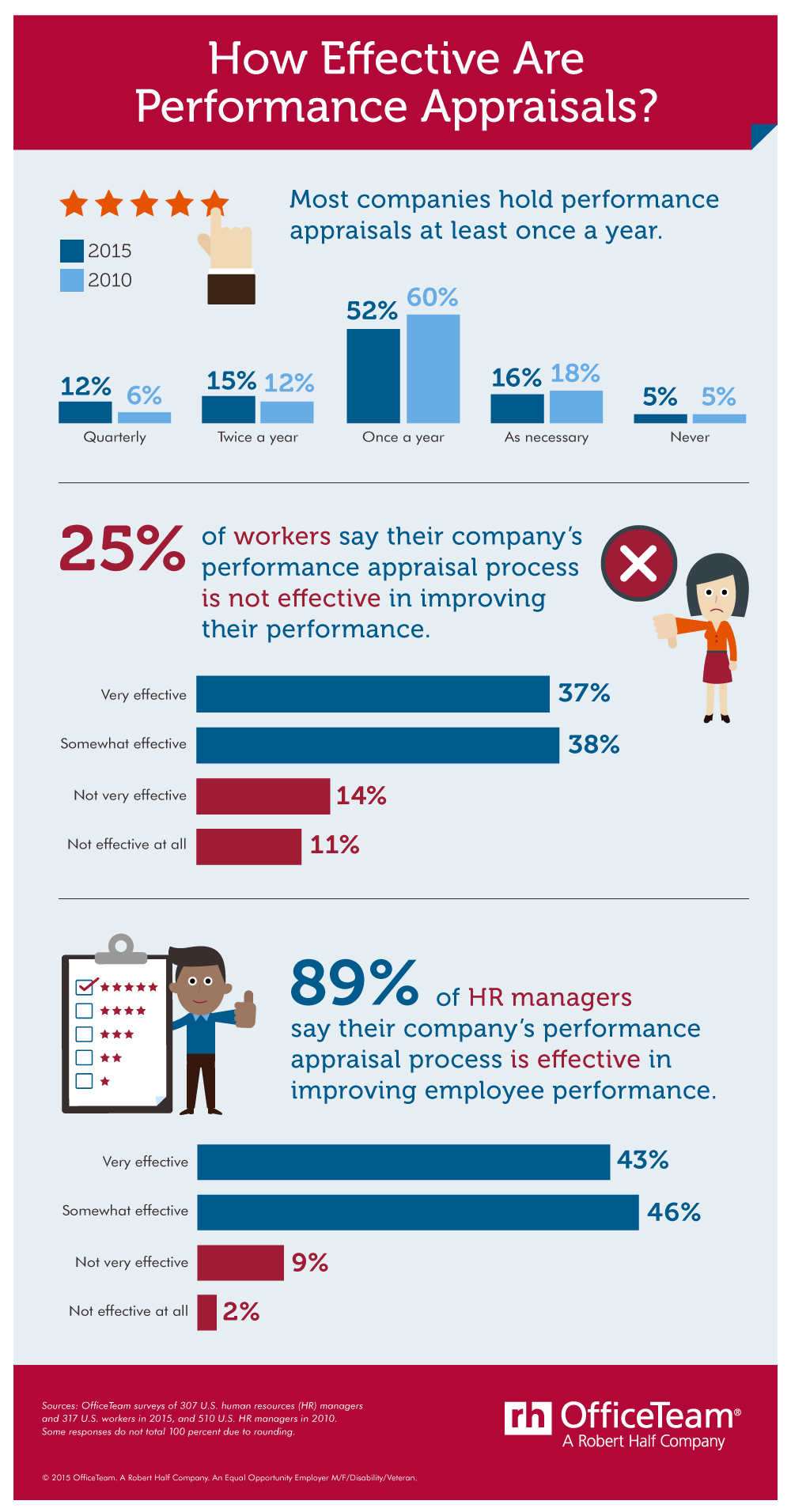Regardless of your role, you engage in some form of performance evaluation. If you’re like me, you may have mixed feelings about these.
At one institution, the process was a one-size-fits-all approach where there didn’t seem to be any opportunity to personalize it or make it meaningful and relevant for me. Another institution did have a personalization element, where I was evaluated on my own unique goals that I could set.
The trouble here, though, was the actual evaluation process was not interactive but transactional. I did a self-evaluation, my supervisor evaluated me, and then I was delivered the result. There wasn’t much of a discussion or opportunity to state my case and potentially come to consensus.

I don’t mean to pile on performance evaluations, but my disappointment stems from this being an aspect of my role I looked forward to as a guaranteed opportunity to discuss my performance, receive direction for improvement, and set goals for development.
Professional development is a key area for my line of work, as staff are expected to have assessment-related competency and we know more of that is both desired and needed across the field (Kuh et al., 2014). I need to ensure that I’m informed enough to help with their needs, as well as role model the importance of professional development.
Moreover, higher education folks don’t always do the best job reflecting, given our many initiatives and ever-present to-do lists.
After my lackluster performance evaluation experiences, I began taking matters into my own hands. Whether you’ve had similar (or worse) experiences, I’m here to share some simple tips and tricks I’ve used to make the process work for you and become a guidepost for professional development.
1. Align content to your development
If you have a generic form or are evaluated on an established set of skills or competencies, you can at least explain your responses and provide examples of demonstration in relation to your interest projects, developmental goals achieved, or highlight areas you focused on for development.
If you have executed a training or presentation on campus or at a national conference, you could point to that opportunity as demonstration of communication skills, professionalism, or another related aspect you’re evaluated on.
2. Set performance goals for development
If you can customize what you’re evaluated on by setting your own performance goals, look to set goals related to your professional development. Use this opportunity to stretch yourself professionally, as well as benefit from the formal system of accountability for your goals.
If you want to connect with or learn more about another area on campus, leverage collaboration or another aspect of your performance evaluation as an opportunity to create a project or observe operations.
3. Create your own process
If you find yourself in a transactional process like I described, look to create your own system. Set a meeting with your supervisor, provide them a draft of your self-evaluation in advance, and ask for feedback from their perspective. While there’s the caveat this is not your actual performance evaluation, this should give you a chance for dialogue on your own terms.
I’m of the mindset I should never be surprised with my performance evaluation, positive or constructive; I should have enough feedback from my supervisor ahead of time either on a regular basis or through a pre-emptive meeting like this.
4. Manage your own development
You should be managing your professional development. Where you can leverage resources at your institution, great, but you need to be self-aware enough to know what you want, where you need to grow, and have ideas of how you want to achieve that growth. Performance evaluations are great opportunities to discuss that information with your supervisor, but where you may not get that support from your institution, take the initiative to get that support or seek resources from the field.
With respect to the last point, your professional development should really be something you are managing regardless of what your work support might look like. However, where one can streamline and leverage processes or resources, I’m usually a fan. You can’t escape performance evaluations and there may not be the best process in place for them at your institution, but there are ways you can at least work to make at least part of meaningful for you. You can control at least some elements of the timing and take advantage of the reflection process or your organization to supplement your professional development.





